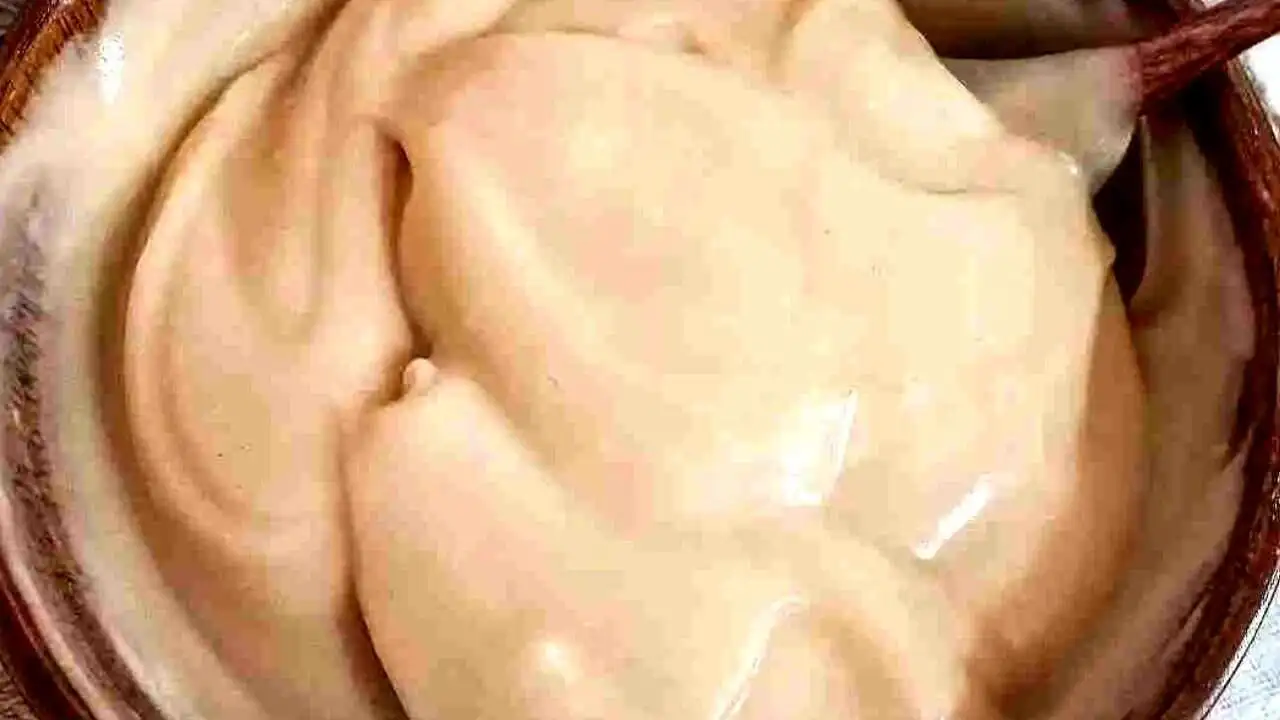Ofada rice is a truly unique and aromatic variety of rice that has gained immense popularity for its exceptional taste. Named after the town of Ofada in Ogun State, Nigeria, where it originates, this rice differs from the commonly consumed white rice in Nigeria. With its brownish color and stronger, nuttier flavor, Ofada rice stands out as a delightful culinary choice. It is known for its unpolished nature, which means that the brown layer is not entirely removed during processing, giving it a more wholesome and earthy taste.

In this article, we will delve into the detailed process of preparing this delicious meal. So, let’s get started!
How to Cook Ofada Rice
Equipment Needed
Cooking pot – Available on Amazon and Jumia
Colander – Available on Amazon and Jumia
Serving tray – Available on Amazon and Jumia
Bowl – Available on Amazon and Jumia
Ingredients
Ofada rice
Salt to taste
Water
Procedures for Making Ofada Rice
STEP 1: Begin by pouring the Ofada rice onto a tray. Take the time to carefully inspect and remove any stones or dirt that may be present. This is crucial because Ofada rice tends to be quite dirty and may contain unwanted debris.
STEP 2: Transfer the rice from the tray to a bowl and add water. Wash the rice thoroughly by rubbing it together with your palms. Repeat this process several times, using plenty of water, until the water runs clear.
STEP 3: To eliminate the smell associated with Ofada rice, let it soak in cold water for approximately 30 minutes to 1 hour before cooking.
STEP 4: Now, place a cooking pot over medium heat. Add four cups of water to the pot and pour in the washed Ofada rice. Allow it to cook for about 12 minutes. Remember not to cover the pot during the cooking process.
STEP 5: Turn off the heat, carefully remove the pot from the stove, and pour the cooked rice into a colander. Rinse it thoroughly with water to remove any excess starch.
STEP 6: Return the cooking pot to medium heat and add water, salt, and the rice. Continue cooking until the rice becomes very soft. Be sure to periodically check on the rice to prevent it from becoming soggy or burning.
STEP 7: Once the rice has softened, turn off the heat. If there is any residual water remaining in the pot, drain it using the colander.
Congratulations! Your Ofada rice is now ready to be served.
How to Serve Ofada Rice
Ofada rice is typically accompanied by a flavorful stew known as Ofada Stew. However, it can also be enjoyed with various Nigerian soups such as Stew, Efo Riro, Ofe Akwu, and more. To serve, place the rice on a plate and pour the Ofada stew or any desired soup over it. For added appeal, serve it alongside fried plantains and/or boiled eggs. You can further enhance the presentation by garnishing it with fresh sliced tomatoes and onions.
Don’t forget to have a refreshing beverage, such as chilled water or a drink of your choice, to complement this delightful meal.
Occasions to Best Serve Ofada Rice
Ofada rice is suitable for any meal of the day, be it breakfast, lunch, or dinner. Additionally, it is an excellent choice for special occasions such as parties, anniversaries, family gatherings, festivals, and traditional ceremonies.
How to Store Ofada Rice
To extend the shelf life of Ofada rice, you can store it in the freezer. Before freezing, ensure you package it in an airtight container and label it with the date of storage. This will help you keep track of how long it has been stored in the freezer.
Nutritional Benefits of Ofada Rice
Ofada rice has a number of nutritional advantages. It is high in dietary fiber, which improves digestion and encourages regular bowel movements. It also contains critical minerals like magnesium and phosphorus, as well as vitamins B1 and B3, all of which are necessary for energy production and overall wellness.
Conclusion
In conclusion, learning to cook Ofada rice can be a delightful experience. With the step-by-step instructions provided in this article, you can confidently recreate the complex and authentic flavors of this Nigerian cuisine right in your own kitchen. However, do keep in mind that the natural smell of Ofada rice may not be completely eliminated.
We hope you find this article helpful, and we invite you to visit Northpad Nigeria to explore more interesting and mouthwatering delicacies. Happy cooking!




